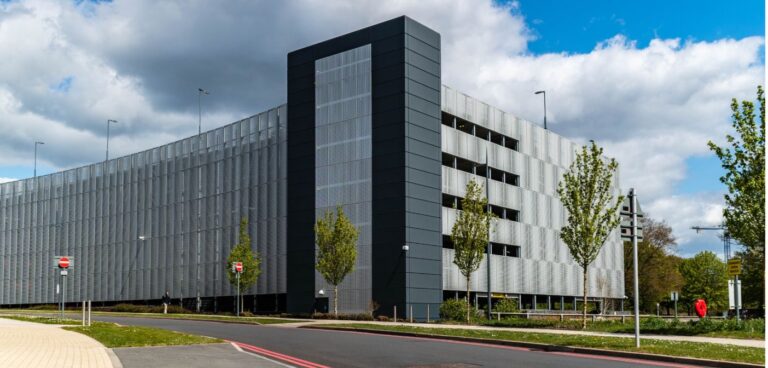The University of Warwick has partnered with Apcoa to provide a more sustainable and flexible approach to car park management of its 24 car parks across its main campus.
Having invested in developing its own cloud-based parking technology over recent years which now operates in five countries, Apcoa has been able to use its end-to-end parking management system, Parkway, to deliver a solution which is tailored to the varying needs of the university’s end users.
The service includes parking management and enforcement for the 6,000 parking spaces at the university. These are now managed via Apcoa’s Parkway ANPR solution which is fully integrated into its digital platform.
Additionally, a flexible digital platform which provides a range of customer centric solutions including pre-book and a self-service portal for use by staff and students has been introduced. The partnership said this has enabled a unique approach to charging, with account linked payments based on car park locations and permit tariffs aligned to actual car park visits made by drivers using daily charging methodology.
Maximum spend limit thresholds reduce the amount users spend on their weekly parking. The digital platform also manages concessions for Blue Badge and Residents and provides whitelist solutions which supports third party stakeholder parking permissions.
Apcoa Connect also provides AutoPay and LatePay features at all car parks plus the deployment of intelligent smart cashless kiosks at the Sports & Wellness Hub and the Arts Centre, two of the busiest uses of parking on site. The partnership will also be provide ScanPay.
While, Apcoa Analytics includes multiple different dashboards to give the University real-time access to information and analytics, allowing them to make informed decisions.
Parvez Islam, director of environmental sustainability at the University of Warwick, said: “This project has revolutionised the way we manage the University parking arrangements. The new system and technology provide much needed improvements, supporting our sustainable transport strategy and modal shift objectives. The flexibility from Apcoa to meet our needs and requirements will help generate income and support our sustainability targets to achieve net-zero carbon emissions.”





